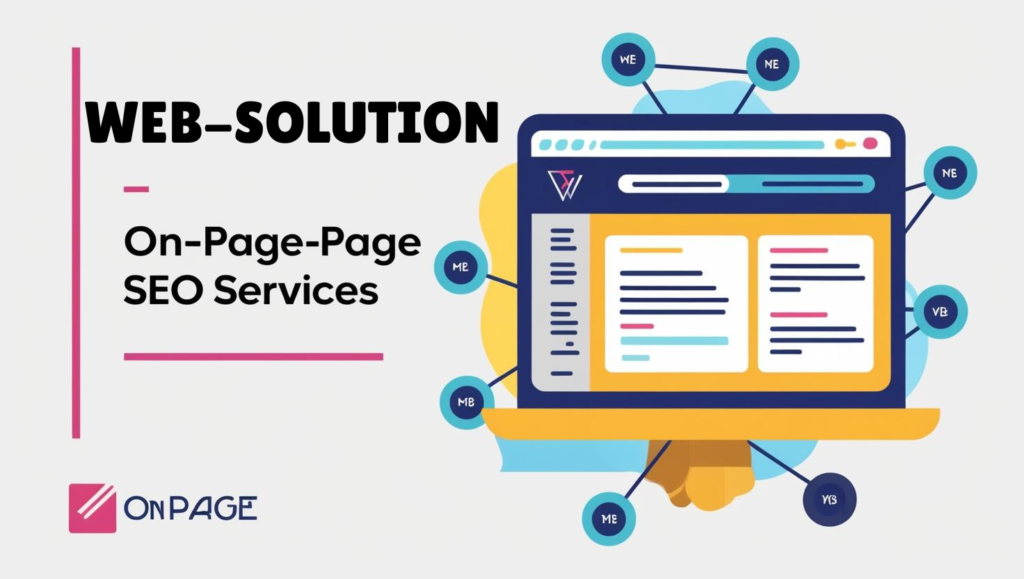
Are you looking to improve your website’s visibility and attract more organic traffic? The key to ranking higher on search engines starts with On-Page SEO!
On-Page SEO refers to the practice of optimizing individual web pages to rank higher and earn more relevant traffic in search engines. It’s all about making your website content search-engine friendly while ensuring it provides value to your users.
Key Elements of On-Page SEO:
🔑 Keyword Optimization: The foundation of on-page SEO starts with effective keyword research. By using the right keywords—those your target audience is searching for—you can ensure your pages appear in relevant search results.
📝 High-Quality Content: Content is king. Well-researched, valuable, and engaging content encourages visitors to stay on your site longer, which search engines love! Make sure your content is informative, relevant, and answers users’ questions.
🔧 Meta Tags Optimization (Title & Description): Your title tag and meta description are the first things users see in search results. Optimizing them with targeted keywords and compelling copy can significantly increase click-through rates.
🔗 Internal Linking: Linking to other pages within your website helps distribute link equity, keeps users engaged, and makes it easier for search engines to crawl your site.
📱 Mobile Optimization: With mobile-first indexing, having a mobile-friendly website is a must. Ensure your site is responsive, loads quickly, and provides a seamless user experience across devices.
⚡ Page Speed: Search engines and users alike prefer fast-loading websites. By optimizing images, minimizing code, and leveraging browser caching, you can significantly reduce your page load time.
🖼️ Image Optimization: Search engines can’t “see” images, so using descriptive file names and alt tags helps them understand the content. Plus, image optimization helps your site load faster.
🌍 URL Structure: URLs should be short, descriptive, and contain your target keywords. A clean URL structure improves both search engine crawlability and user experience.
🔍 Heading Tags (H1, H2, H3…): Using heading tags properly structures your content and makes it easier for search engines to understand the main topics of your page. Ensure your primary keyword appears in the H1 tag and use H2/H3 tags for subheadings.
Why On-Page SEO Matters?
✔️ Improves Search Engine Rankings: Optimized pages have a better chance of ranking higher in search results. ✔️ Enhances User Experience: A well-structured, fast, and mobile-friendly site keeps visitors engaged and lowers bounce rates. ✔️ Increases Organic Traffic: Targeting the right keywords and optimizing content increases your chances of ranking for high-volume, relevant terms. ✔️ Drives Conversions: Optimizing content, CTAs (calls to action), and navigation can lead to more leads and sales.
Ready to take your website’s SEO to the next level? Let’s work together to implement proven On-Page SEO strategies that will drive more traffic and improve your search engine visibility!
